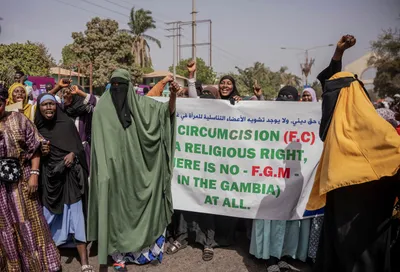
July 31 holds profound significance across Africa, weaving together tales of women’s empowerment, anti-colonial resistance, and regional solidarity.
This date not only commemorates the International African Women’s Day but also recalls pivotal events that shaped the continent’s history—from uprisings against colonial powers to military interventions defending constitutional order.
International African Women’s Day (IAWD), celebrated annually on July 31, was established in 1962 during the Conference of African Women held in Dar es Salaam, Tanzania.
It was the continent’s first pan-African organisation dedicated to advancing women’s rights. The date gained formal recognition in 1974 at the inaugural congress of the Pan-African Women’s Organization (PAWO) in Dakar, Senegal.
Across Africa today, governments and women’s movements use this day to honour the relentless struggles of African women while highlighting ongoing battles for equality and empowerment.
The observance serves as a reminder that despite progress, many challenges remain.
July 31 also recalls a critical moment in West African history: the 1981 military intervention by Senegal in neighbouring Gambia. At the request of Gambian President Dawda Jawara, Senegalese troops moved into Banjul to thwart a coup attempt and restore constitutional order. This act of regional cooperation remains a defining episode in Gambian-Senegalese relations.
Further back in history, July 31 marks the beginning of the Matumbi uprising in 1905 against German colonial rule in southern Tanganyika, present-day Tanzania. The rebellion ignited what would become the Maji-Maji War, one of East Africa’s earliest coordinated anti-colonial resistances. This revolt symbolises the enduring spirit of African defiance against oppression.
As July 31 is observed this year, it offers an opportunity to reflect on the courage of African women and peoples who have shaped the continent’s journey towards freedom, justice, and equality.



